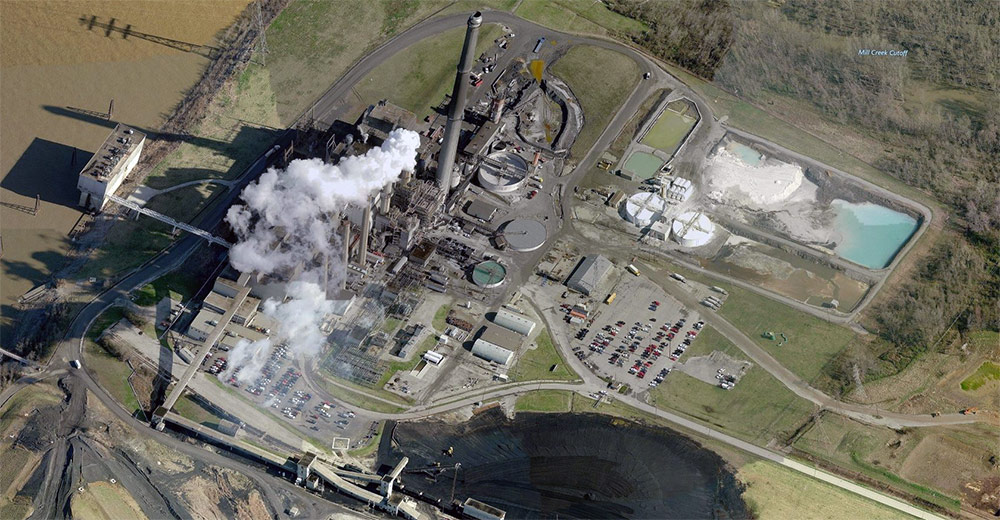James Bruggers’ Watchdog Earth column at the Courier-Journal exposed a potential flaw of LG&E’s planned rate decrease and subsequent meter fee increase: it could discourage investment in solar and energy efficiency retrofits due to the increased time it would take to recoup the investment.
Bruggers reported that when someone adds photovoltaics to his or her house, among the chief considerations is how long it will take for the investment to pay itself off. Sarah Lynn Cunningham, a private energy efficiency consultant and environmental engineer, told Bruggers that reducing the electricity rate by six percent (as is proposed) means such investments take six percent longer to pay off. “The longer the payback, the fewer customers will invest in energy efficiency,” she told the newspaper. According to the article, “Meter fees have been rising dramatically, from about $104 a year in 2011 to $140 a year this year, with the proposal putting the meter fee at $216 a year.”
The utility’s spokesperson told Bruggers that the changes are required as part of the business of serving all customers, including meter maintenance and billing. LG&E stated that they support energy efficiency upgrades, even though Bruggers pointed out that such measures serve to undermine the utility’s business model. According to Bruggers:
Still, this whole thing reminds me of the Louisville Water Co., and how you rarely hear anyone from the water company urging its customers to conserve water. Water use has dropped dramatically in Louisville as heavy industrial users have closed or become more efficient, and as federal water efficiency standards for things like toilets appliances have kicked in. That’s made the company scramble for new revenue sources, and efficiencies, and to raise rates, seemingly punishing its customers for doing the right thing — saving water.
The same thing is happening with gas taxes and road and highway maintenance. As people have turned away from gas guzzlers and fuel efficiency standards are increasing (and some people turn to electricity as a fuel for their cars), that means less gas tax revenue for maintaining our crumbling transportation infrastructure.
What do you think of the proposed changes? Should LG&E be doing more to promote solar power and energy efficiency in Louisville? Read the full article at the C-J.


